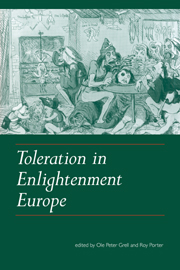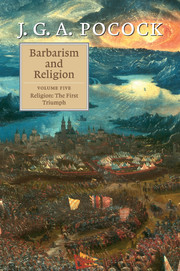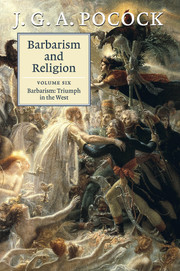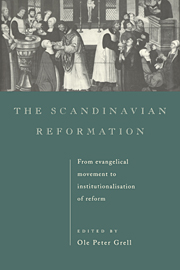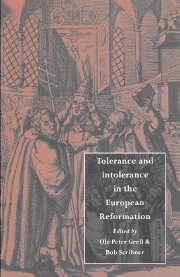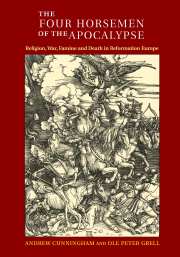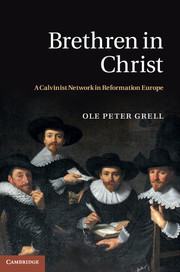Toleration in Enlightenment Europe
The Enlightenment is often seen as the great age of religious and intellectual toleration, and this 1999 volume is a systematic European survey of the theory, practice, and very real limits to toleration in eighteenth-century Europe. A distinguished international team of contributors demonstrate how the publicists of the European Enlightenment developed earlier ideas about toleration, gradually widening the desire for religious toleration into a philosophy of freedom seen as a fundamental attribute and a precondition for a civilized society. Nonetheless Europe never uniformly or comprehensively embraced toleration during the eighteenth century: although religious toleration was central to the Enlightenment project, advances in toleration were often fragile and short-lived.
- Vastly distinguished and genuinely pan-European team of editors and contributors
- A systematic survey of a central component of the 'Enlightenment Project'
- Successor volume to highly successful Grell/Scribner collection (as above)
Reviews & endorsements
"...a valuable conference, certainly well-prepared and well-presented that deserved publication. It will be a reliable reference on the issues." The Catholic Historical Review
"This work is the third volume in a series on toleration.... A student of toleration could hardly do better than to consult these three volumes." Canadian Journal of Political Science
"These well-written essays are accessible for undergraduates and will be particularly welcomed by historians of European intellectual and religious history." Philop F. Riley, History
"This is a good survey of both the theory and practice of toleration in eighteenth-century Europe....the papers stick closely to the main theme of tolerance, giving the volume an internal coherence that is often lacking in published conference papers." H-Net Reviews
Product details
November 2006Paperback
9780521032162
284 pages
228 × 152 × 18 mm
0.429kg
Available
Table of Contents
- List of contributors
- Preface
- 1. Toleration in Enlightenment Europe Ole Peter Grell and Roy Porter
- 2. Toleration and the Enlightenment movement Martin Fitzpatrick
- 3. Multiculturalism and ethnic cleansing in the Enlightenment Robert Wokler
- 4. Intolerance, the virtue of Princes and Radicals Sylvana Tomaselli
- 5. Spinoza, Locke and the Enlightenment battle for toleration Jonathan I. Israel
- 6. Toleration and Enlightenment in the Dutch Republic Ernestine van der Wall
- 7. Toleration and citizenship in Enlightenment England: John Toland and the naturalisation of the Jews, 1714–53 Justin Champion
- 8. Citizenship and religious toleration in France Marisa Linton
- 9. A tolerant society? Religious toleration in the Holy Roman Empire, 1648–1806 Joachim Whaley
- 10. Enlightenment in the Habsburg Monarchy: history of a belated and short-lived phenomenon Karl Vocelka
- 11. Toleration in Eastern Europe: the dissident question in eighteenth-century Poland-Lithuania Michael G. Müller
- 12. Toleration in Enlightenment Italy Nicholas Davidson
- 13. Inquisition, tolerance and liberty in eighteenth-century Spain Henry Kamen
- Index.

